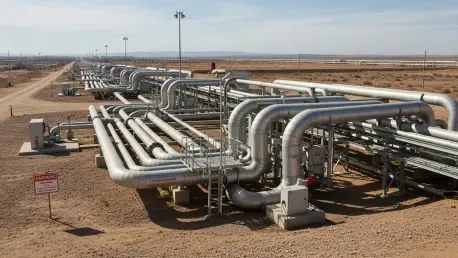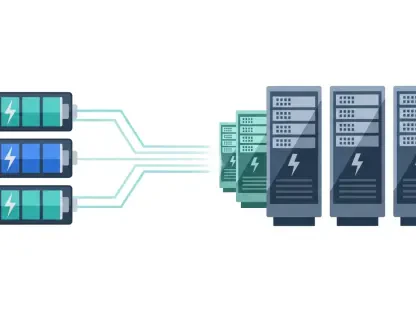In a transformative development for the U.S. energy sector, Plains All American Pipeline has made a bold move to strengthen its foothold in one of the nation’s most vital oil-producing regions. The company recently announced a $1.57 billion acquisition of a 55% stake in EPIC Crude Holdings, a deal that includes $600 million in debt and positions Plains as a dominant player in the Permian Basin. This strategic purchase, involving assets from Diamondback Energy and Kinetik Holdings, underscores the ongoing race among pipeline operators to secure critical infrastructure in a highly competitive market. The Permian Basin, spanning parts of Texas and New Mexico, remains the heart of American oil production, and access to export hubs along the Gulf Coast is increasingly pivotal. This acquisition not only enhances Plains’ operational reach but also highlights the broader trend of consolidation within the energy transportation industry, where scalability and connectivity are paramount to meeting global demand.
Strategic Expansion in a Key Oil Region
This acquisition marks a significant step for Plains All American Pipeline in expanding its infrastructure within the Permian Basin, a region responsible for a substantial share of U.S. oil output. EPIC Crude, fully operational since 2020, operates a major pipeline system capable of transporting over 600,000 barrels per day (bpd) from the Permian and Eagle Ford shale basins to export facilities in Corpus Christi, Texas. With potential capacity expansion to 1 million bpd, it stands as one of the last large-scale, expandable oil pipelines in the area. The deal complements Plains’ existing assets, such as the Cactus and Cactus II pipelines, which already move over 1 million bpd to the same export hub. By integrating EPIC Crude into its portfolio, Plains aims to provide more reliable and cost-effective routes for customers, linking key gathering systems to multiple demand centers. This move reflects a calculated strategy to capitalize on the growing need for efficient oil transportation as production in the region continues to surge.
Financial and Regulatory Implications
Beyond operational growth, the financial and regulatory aspects of this transaction reveal both promise and potential challenges for Plains All American Pipeline. The company anticipates an immediate boost to its distributable cash flow, with projections of mid-teens returns before factoring in the debt component of the deal. However, the $1.57 billion price tag, coupled with a significant debt load, has sparked some investor caution, evidenced by a 2.25% dip in Plains’ shares and an 18% drop in its holding firm’s stock shortly after the announcement. Additionally, with the transaction awaiting antitrust clearance and expected to close by early 2026, there is a layer of uncertainty. Industry observers note that Plains’ already substantial presence in the Permian as a leading pipeline operator could attract regulatory scrutiny. Despite these hurdles, the acquisition aligns with a pattern of growth through strategic purchases, as Plains has completed numerous deals in recent years to fortify its asset base, reflecting confidence in long-term market demand.









